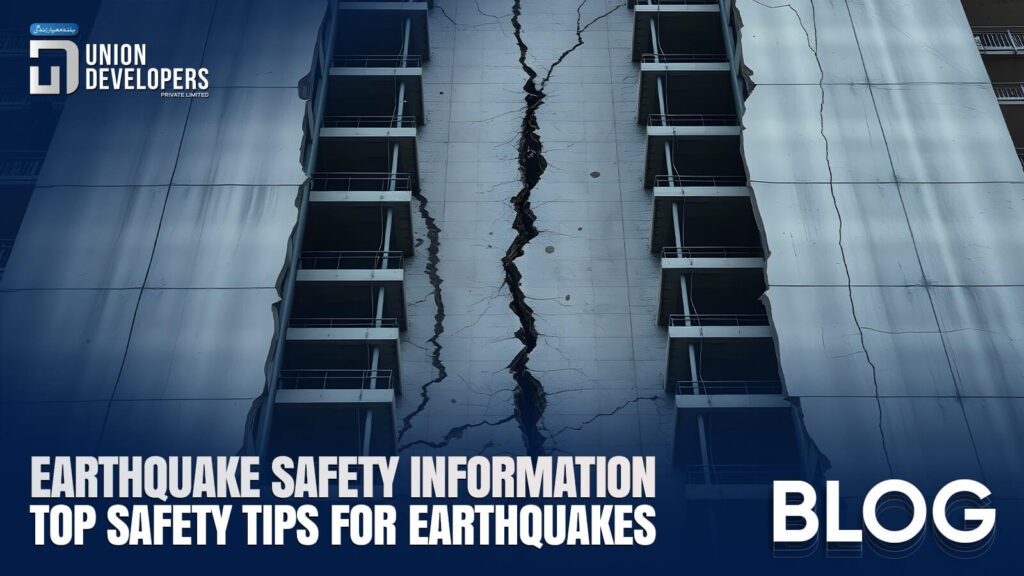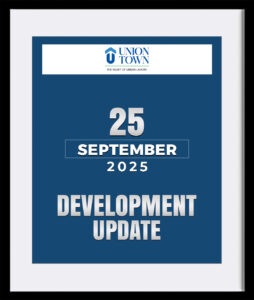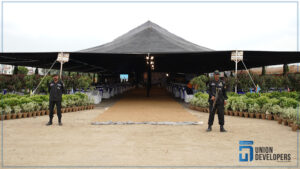Have you ever experienced earthquakes in your life? If yes, then we got you. You must have felt scared and even depressed after the experience. Earthquakes are not something people are not familiar with because, well, they listen to the news and know about these natural catastrophes well. But still, some people get startled when a sudden earthquake shakes the country. They don’t know the right thing to do to handle the situation. Earthquakes cause severe to extreme damage in a country if the magnitude is high. At this point, you should know about the earthquake safety information to protect yourself and your loved ones.
Overview of The Latest Earthquakes in 2024
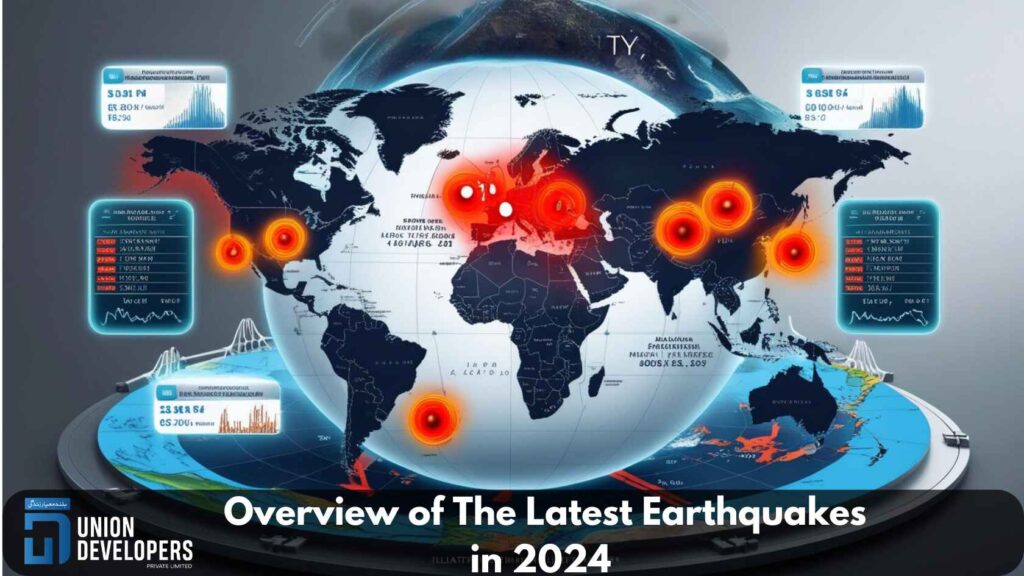
Earthquakes can result in significant damage and destruction. We have also experienced severe earthquakes in Pakistan. Buildings made with weak materials cannot stand the strong shakes of earthquakes and fall down. When a building falls down, the people inside it die or get severe injuries. The purpose of this guide is to help you know about the nature of earthquakes and what safety measures you can take in emergency situations.
For your information, the earthquake intensities are measured by the Modified Mercalli Intensity (MMI) scale. This scale helps to measure the effects of an earthquake at a particular affected location. MMI scales focus on the structural damage and human experience caused by the earthquake.
Let’s talk about some of the earthquakes in 2024 according to the United States Geological Survey (USGS). The worst earthquakes were recorded in Japan, Ishikawa, and Taiwan, Hualien, with 7.5 and 7.4 magnitudes, respectively, in 2024.
In Japan, the earthquake happened on January 1st this year with extreme damage. Taiwan had to cope with the 7.4 magnitude earthquake on April 2nd. Chile had a 7.4 magnitude on July 19; Peru followed with a 7.2 magnitude earthquake.
Japan had another 7.1 magnitude earthquake on 8th August with severe damage. Russia had a 7.0 magnitude earthquake on 17th August with a depth of 29.0 km.
Here is the list for your complete understanding and awareness of severe earthquakes in 2024.
Latest Earthquake in Pakistan
The recent earthquake in Pakistan was of 5.2 magnitude on 29 November 2024 in Peshawar, Malakand, Mansehra, Swat, Muzaffarabad, and other parts of Khyber Pakhtunkhwa. The National Seismic Monitoring Centre (NSMC) recorded the epicentre of the 5.2 magnitude earthquake, which was identified near the Afghanistan–Tajikistan border. The depth of the earthquake was 212 km, but no severe damages were reported.
The deadliest earthquake in South Asia was of 7.6 magnitude, causing extreme damage in Azad Kashmir; Balakot town was completely destroyed, and Muzafradabad suffered the heaviest casualties. There were approximately 86,000–87,351 deaths during this extreme earthquake. Earthquakes cannot be stopped, and we don’t know when the next one will be. It is essential to know how to tackle the situation. Now, let’s discuss the 10 safety tips for earthquakes.
What Causes Earthquakes?
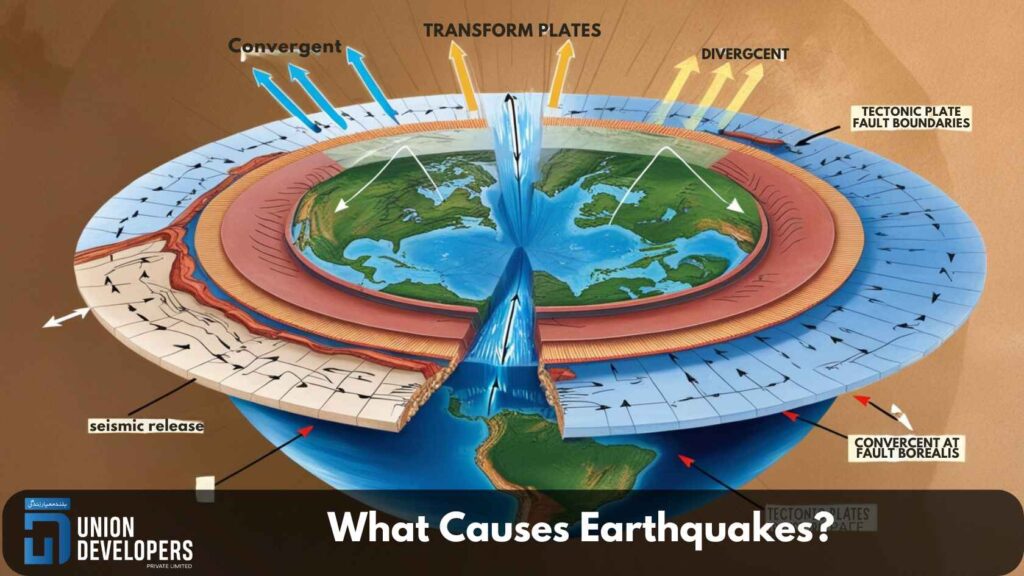
Earthquakes are sudden shaking of the earth caused by the pressure of shifting rocks beneath the surface of the Earth. They can do it at any time, and there is no way anyone can predict them to alert the citizens beforehand.
Secondly, earthquakes can happen anywhere in the world. However, they are more likely to happen at the boundaries between faults and tectonic plates.
Aftershocks also happen, which are the lower-intensity tremors that follow an earthquake. Their frequency and intensity decrease over time, but they are the most severe in the hours and days after the earthquake.
Also Read: How Does Climate Change In Pakistan Affect Real Estate
Earthquake Safety Information
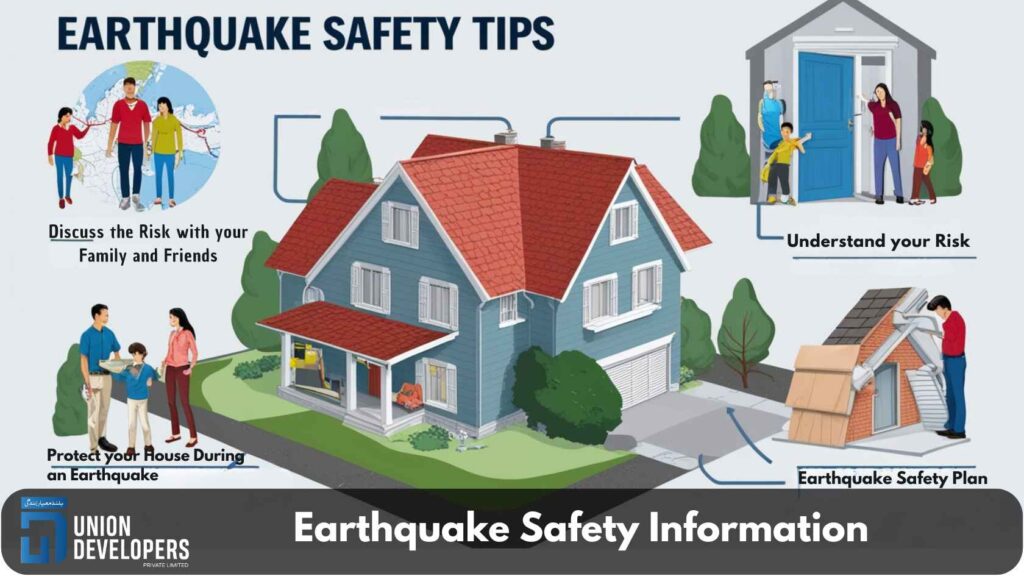
Understand Your Risk
Earthquakes can happen anywhere, but they occur severely in certain areas, such as hilly areas. If you are living near mountain ranges, then you have to be extremely cautious about it and try to be always prepared for such catastrophes. If you are living in the coastal areas, then learn the risk of tsunamis after an earthquake and make a plan accordingly.
Discuss the Risk with your Family and Friends
If you live in highly risky areas, have an encouraging conversation with your family. Don’t panic! Make your children aware of the earthquakes (what they are, why they happen, etc.). Tell your family that their safety is what matters and educate them about earthquake safety information.
Earthquake Safety Plan
Your first task is to communicate with your family about where to meet if you get separated. When someone falls, the injury can be severe. So ensure that you have access to the safety kit and instruct each member about it.
Also, a supply kit is important to make, which includes enough food, water for affected days, a whistle, a flashlight, and a fire extinguisher.
If you are prepared, you will avoid unnecessary excursions. We understand that not everyone can afford the supplies for earthquake safety measures, so you can gradually start building up the supplies.
Protect your House During an Earthquake
Secure your heavy items in your home, like refrigerators, bookcases, water heaters, and other objects. When earthquakes come, objects shake and can fall easily. Store breakable and heavy objects on low shelves to save the chaos.
- Consider making improvements to your buildings to avoid any severe damage during an earthquake. Fix your building issues that can make it collapse during a severe earthquake.
- Also, if you are living in highly risky areas, consider obtaining an earthquake insurance policy. A standard homeowner insurance policy doesn’t cover earthquake damage.
What To Do During an Earthquake: Safety Information
Let’s quickly give you tips about what you can do during an earthquake for your safety.
| 1 | If you are in a car, pull over and immediately stop. Set your parking brake and come out of the car. Find a safe spot to stay. Drop, cover your head with your arms, and hold on until you feel the earthquake has passed. |
| 2 | If you are in bed, you must face down and cover your head and neck with your pillow. |
| 3 | If you are outside your house, stay outdoors and don’t rush home. Stay away from the buildings and drop, cover your head, and hold on. |
| 4 | If you are inside, stay there without rushing toward the alley or road outside. Also, avoid doorways; you must avoid any abrupt movements to protect yourself from any injury. |
What to Do if I Use a Cane or Walker?
This is the situation that creates panic feelings among people who use canes and wheelchairs. They often feel helpless because they can’t run faster to go to the nearest shelter faster. Trust us, you won’t need to run to protect yourself from an earthquake.
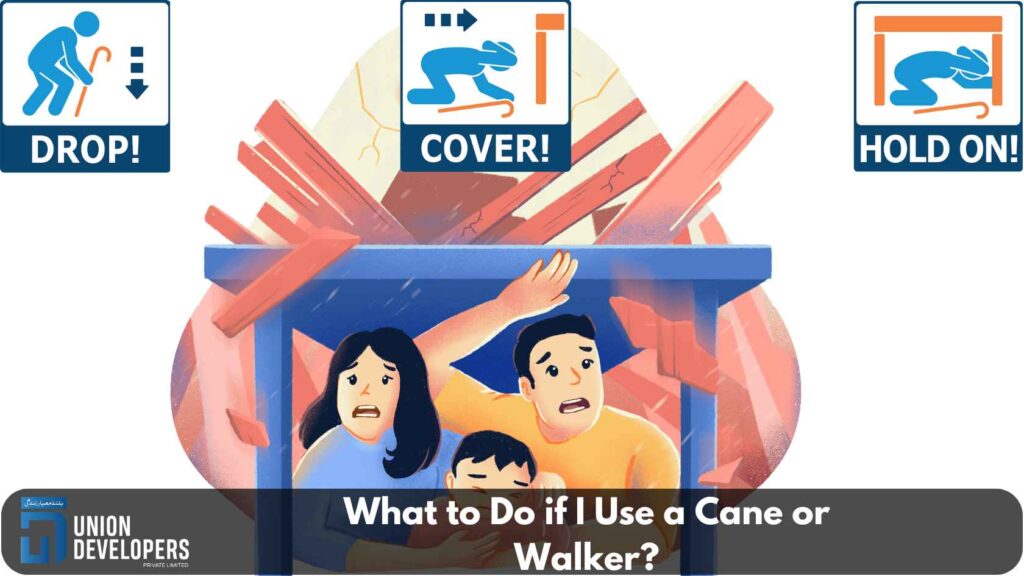
If you have a cane, don’t run; drop it and go under a chair or table and hold on.
If you use a walker, lock the walker, cover your head with your hands, and hold on.
Wheelchair users must lock it and remain seated. Cover your head with your hands and hold on until the earthquake goes away.
Earthquake Safety Information after the Earthquake
Important: There can be serious hazards or aftershocks after an earthquake. There can be leaking gas, damage to the building, and keeping water lines or downed power supply.
| Stay Safe After |
| You can expect aftershocks to follow the main shock of an earthquake. Prepare yourself to drop, cover, and hold on if you feel any aftershock. If you are in damaged buildings, evacuate quickly and move away from the building. Damaged buildings are more likely to collapse faster after the earthquake. If you are trapped by chance, send a quick text or bang on a wall or pipe. Cover your mouth with your shirt for any external damage. Don’t shout; use a whistle to call for help. If you are in an area that experiences tsunamis, go inland or to higher ground. Avoid any physical contact with floodwater because it can contain sewage, chemicals, and debris. |
Lastly,
Use social media to let everyone else know about your safety and theirs. Use text messages to talk, as it would be more reliable than phone calls. When you clean, be careful about and wear protective gear. Don’t try to lift or move heavy objects by yourself. Use a proper mask if you are cleaning any mould or debris. People with asthma, immune suppression, or lung conditions should not enter buildings with water leaks, gas leaks, or mould growth. Avoid children’s involvement in the process of cleanup work after an earthquake.
There are chances that people feel depressed, tense, or anxious after a severe earthquake stroke. Try to talk to your children about it after the earthquake and tell them it’s okay and they are safe now. Comfort your friends and family members by starting an open conversation about it. If you are living in Pakistan, try to be sensible and act wisely rather than on impulses. Many people in Pakistan or other countries are uneducated and misinterpret the earthquake safety information. This is wrong; educate yourself and your friends and family to avoid any extreme aftermath damages of the earthquake. Stay safe and stay strong.


